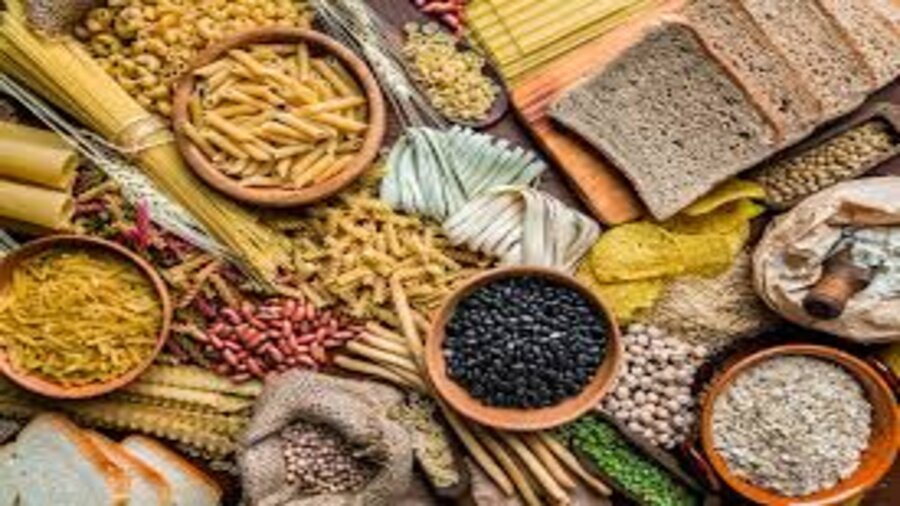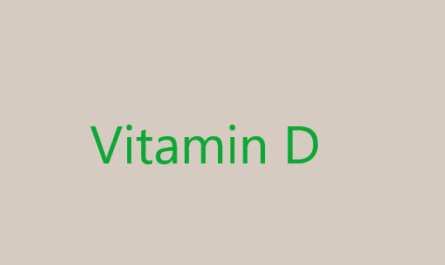Carbohydrates are the human body’s key source of energy, providing 3.9 calories of energy per gram.
When carbohydrates are broken down by the body, glucose is produced. Carbohydrates are organic compounds.
that comprise only carbon, hydrogen, and oxygen. The hydrogen: oxygen ratio is usually 2:1.
The empirical formula of carbohydrates is Cm(H₂O)n (where m can be different from n). Carbohydrates are also known as saccharides.
The word saccharide comes from the Greek word sakkron , which means sugar.
Functions of Carbohydrates
- Carbohydrates are the chief energy source, in many animals; they are an instant source of energy.
Glucose is broken down by glycolysis/Kreb’s cycle to yield ATP. - Glucose is stored as glycogen in animals and starch in plants.
- Stored carbohydrates act as energy sources instead of proteins.
- Carbohydrates aid in the regulation of nerve tissue and are the energy source for the brain.
- Carbohydrates are associated with lipids and proteins to form surface antigens.
receptor molecules, vitamins, and antibiotics. - They form structural and protective components, like in the cell walls of plants and microorganisms.
- In animals, they are important constituent of connective tissues.
- They participate in biological transport, cell-cell communication, and activation of growth factors.
- Carbohydrates are rich in fiber content, which helps to prevent constipation.
sources
Carbohydrates are available in a wide variety of foods, for example, cereals, fruits (especially dates), honey, milk, sugar beet, potato, pasta, and sugarcane.
View about Carbohydrates Classification




